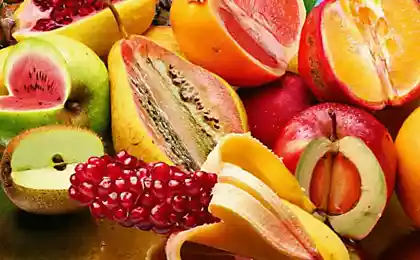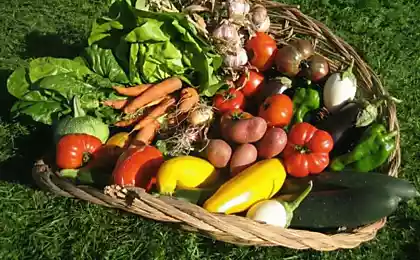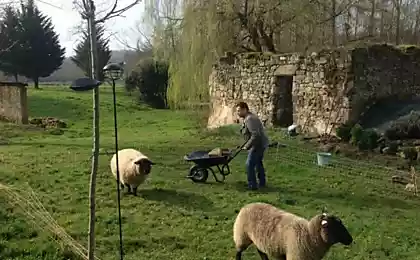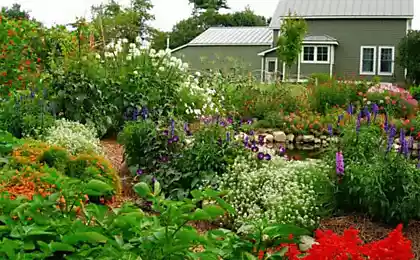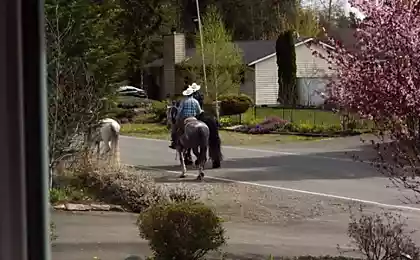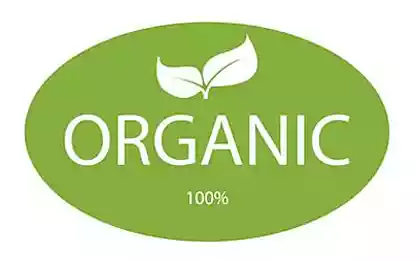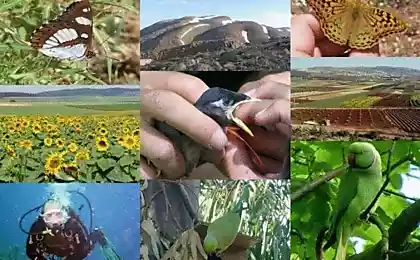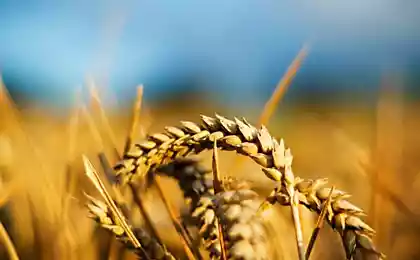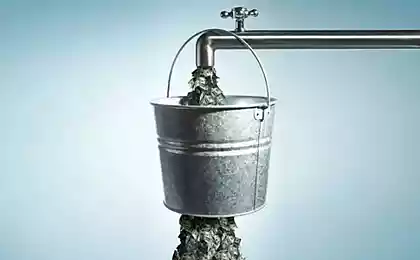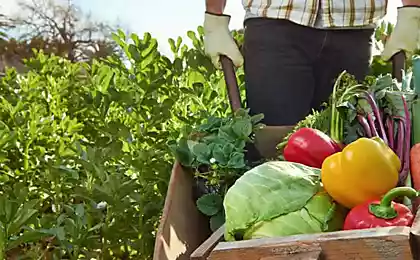241
Organic Farmers Make More Money Than Regular Farmers
The results of the new study showed that the yield of organic farms is 20-35% higher than usual and this may be a key factor in the choice of methods of growing products in the near future.
There are many reasons to buy organic products: reducing pesticide exposure, mitigating environmental pollution, improving soil quality, helping pollinate, eating nutrient-rich foods. Turns out, there's another reason to buy organic food -- more money for farmers. Buying directly helps farmers live better.
A new study, titled “The Financial Competitiveness of Organic Agriculture Globally,” shows that organic farming is 22-35% more profitable than traditional farming.
The analysis covered the financial performance of organic and conventional agriculture from 40 studies on 55 crops, in 14 countries on five continents – in North America, Europe, Asia, Central America and Australia.
“We found that despite lower yields, organic agriculture is significantly more profitable than conventional agriculture and has room to expand globally.” Moreover, with its environmental benefits, organic agriculture can make a big contribution to sustainable development and feed the world.
This comes at a time when all our farmers are in great financial distress and more than half of them are in constant need of bank loans and government subsidies.
“Organic farming can provide farmers with significantly more income, and it’s a good incentive to abandon conventional land cultivation practices,” said Laura Batcha, executive director of the Organic trade association.
Organic products are always more expensive and most consumers know this. However, the study found that organic farmers only need to invest 5-7% more to match the returns of traditional agriculture. But at the same time, the demand for natural products is much higher and this makes it possible to earn 22-35% more.
Although organic agriculture is growing rapidly, it currently occupies only 1% of the world’s arable land. It speaks rather of the huge potential that can be used in the near future to benefit the planet and our farmers. published
P.S. And remember, just by changing our consumption – together we change the world!
Join us on Facebook, VKontakte, Odnoklasniki
Source: www.ecology.md
There are many reasons to buy organic products: reducing pesticide exposure, mitigating environmental pollution, improving soil quality, helping pollinate, eating nutrient-rich foods. Turns out, there's another reason to buy organic food -- more money for farmers. Buying directly helps farmers live better.
A new study, titled “The Financial Competitiveness of Organic Agriculture Globally,” shows that organic farming is 22-35% more profitable than traditional farming.
The analysis covered the financial performance of organic and conventional agriculture from 40 studies on 55 crops, in 14 countries on five continents – in North America, Europe, Asia, Central America and Australia.
“We found that despite lower yields, organic agriculture is significantly more profitable than conventional agriculture and has room to expand globally.” Moreover, with its environmental benefits, organic agriculture can make a big contribution to sustainable development and feed the world.
This comes at a time when all our farmers are in great financial distress and more than half of them are in constant need of bank loans and government subsidies.
“Organic farming can provide farmers with significantly more income, and it’s a good incentive to abandon conventional land cultivation practices,” said Laura Batcha, executive director of the Organic trade association.
Organic products are always more expensive and most consumers know this. However, the study found that organic farmers only need to invest 5-7% more to match the returns of traditional agriculture. But at the same time, the demand for natural products is much higher and this makes it possible to earn 22-35% more.
Although organic agriculture is growing rapidly, it currently occupies only 1% of the world’s arable land. It speaks rather of the huge potential that can be used in the near future to benefit the planet and our farmers. published
P.S. And remember, just by changing our consumption – together we change the world!
Join us on Facebook, VKontakte, Odnoklasniki
Source: www.ecology.md
Yoga: best methods to get rid of excess weight
Scientists: pollution kills 3 million people annually

